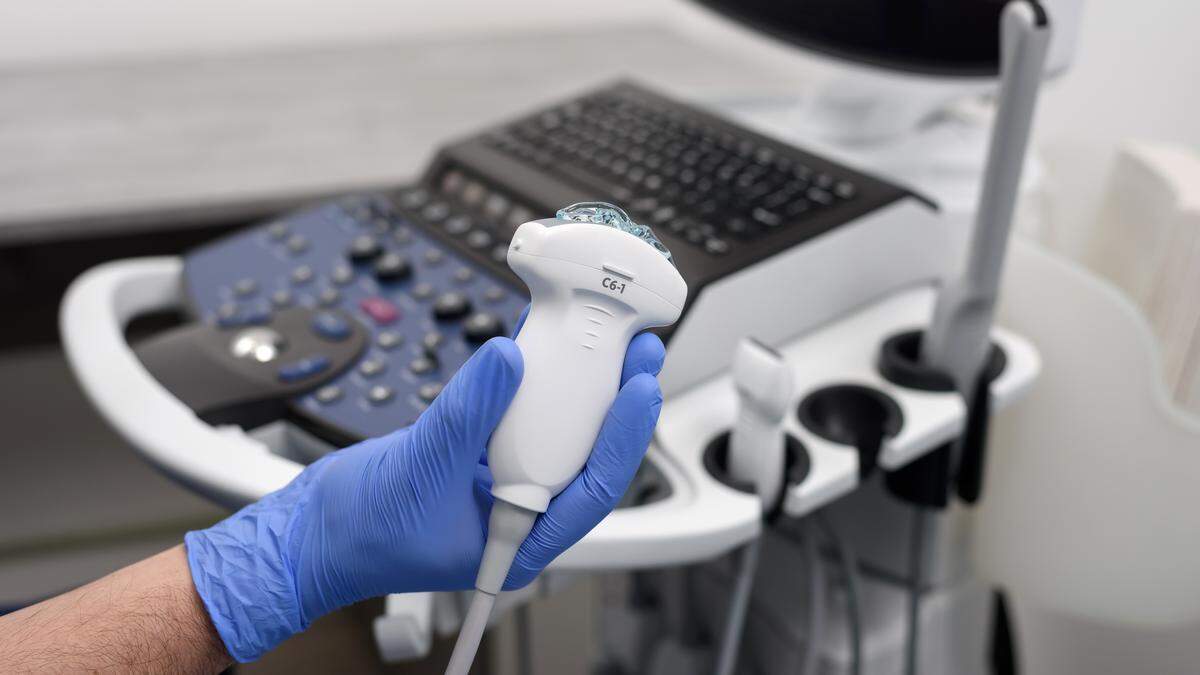Public health insurer CNS has cut a subsidy to obstetricians and gynaecologists to help them update ultrasound equipment on a regular basis, saying it had overpaid the fee for years.
The CNS recently renegotiated tariffs and reimbursement fees with obstetrician-gynaecologists in Luxembourg, updating a roughly 30-year-old set of rules.
“It’s obvious that in the meantime, many new gynaecological services have been added, meaning new procedures, new operations and new tariffs,” said Pit Duschinger, president of the Luxembourg OB-GYN association (LSGO). Around 100 items had to be updated, he said.
Included in that update was a subsidy paid by the CNS for over two decades for every ultrasound carried out.
The subsidy aimed to allow doctors to replace their ultrasound machines every five years. However, “many doctors didn’t buy a new machine after five years but kept claiming the subsidy,” Duschinger said.
Changing the subsidy was a non-negotiable for the CNS in the nomenclature talks, he added.
Also read:Doctors’ criticism of hospital staff pay deal ‘disrespectful’, say unions
The health insurer has now grouped ultrasound machines into three categories.
“For a machine costing between €20-60,000, the doctor receives a contribution of €45,” said Duschinger. For more expensive machines, a financial boost of up to €120 is foreseen. However, the subsidy is limited to being paid out for 200 ultrasounds annually over a five-year period.
After 200 ultrasounds in any year, the subsidy is reduced to €5 per use to help pay for the cost of lubricant, gel, wear and tear of transducers and wipes.
“The new billing system is actually very fair,” Duschinger said. Overall, doctors will be better paid for their services, he said, including at their own practices, in hospitals and for obstetrics. The only doctors who risk financial losses are those who do not provide regular birthing services, do not carry out surgeries and don’t do clinic shifts.
Other disciplines using ultrasounds are due to see the same changes to their subsidies, Duschinger said. For the patient, nothing changes, he said.
(This story is based on an interview first published in Télécran and republished in the Luxemburger Wort.)
